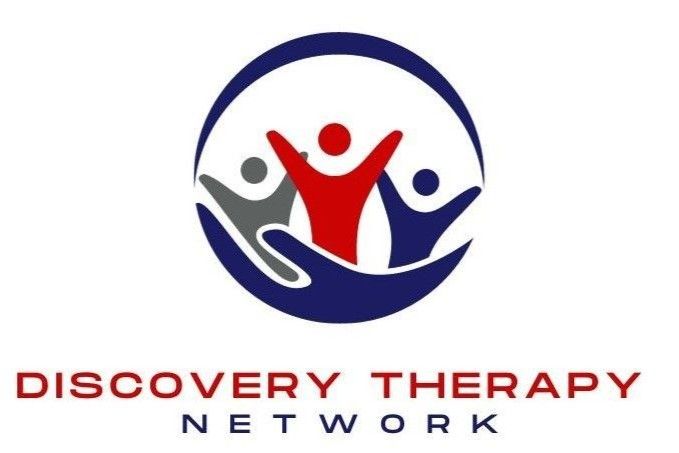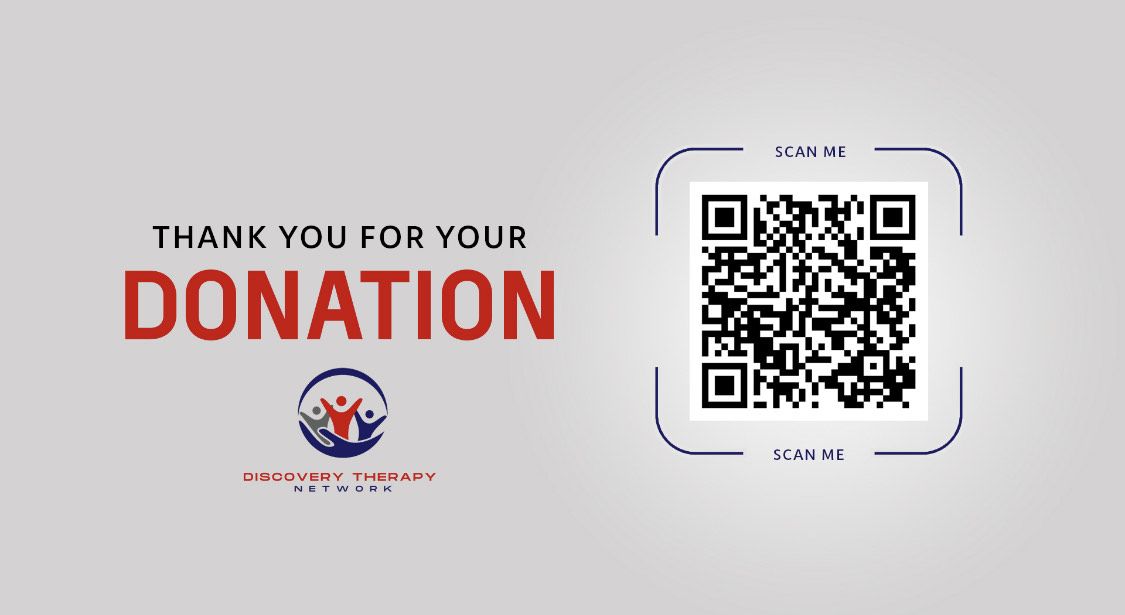Discovery Therapy Network is an AOTA approved provider of continuing education.
Write your awesome label here.
Join today
Increasing Attention & Learning-Executive Functioning
Participants will define executive functioning and its importance as a neurodivergent intervention strategy to support children at school and home. Examples of executive functioning activities and support activities will be observed. This presentation will increase the participants’ understanding of cognitive behavior training visuals to use to improve a student’s task initiation, focus, sustained attention, and task completion. Positive behavior intervention and support activities are presented with examples of positive language are presented.
Teachers
Classroom Strategies
Therapists
Learn Interventions
Administrators
Techniques to Support Staff
Parents
Strategies for Home Routines
What's included?
-
Pre & Post Test
-
Video
-
Course Handout
-
Certificate of Attendance
-
Course Evaluation
Learn Executive Functioning Tools
You will learn how to use specific visual behavior tools for the classroom and home to teach task initiation, focus, attention, and task completion
Identify Positive Language Strategies to Motivate Students
You will also learn how to put the ideas presented to practice immediately by incorporating positive language skills during functional learning activities.
Course Contents
Meet the instructor
Mrs. Misty Thompkins, Experienced Special Education Teacher
Mrs. Thompson is a dedicated special education teacher committed to her students. She currently attends Georgia Southern University and is pursuing a Master’s Degree in Educational Leadership. She has worked in school districts in Georgia with elementary aged children. As a professional committed to her students’ learning, she has worked to assist students diagnosed with Autism, Asperger's, Pervasive Developmental Disorder, Oppositional Defiant Disorder, Emotional Behavior Disorder, and several other diagnoses.
Mrs. Thompson utilizes a variety of executive functioning techniques to increase focus and attention in the classroom. This includes classroom management strategies and Positive Behavior Interventions and Support (PBIS) strategies. Her focus is to engage the student using visual behavior communication techniques, cognitive behavior visual tools for students to initiate work, sensory processing activities and PBIS strategies to reward completion of assignments. Mrs. Thompson is married and enjoys spending time with her family.
Patrick Jones - Course author

